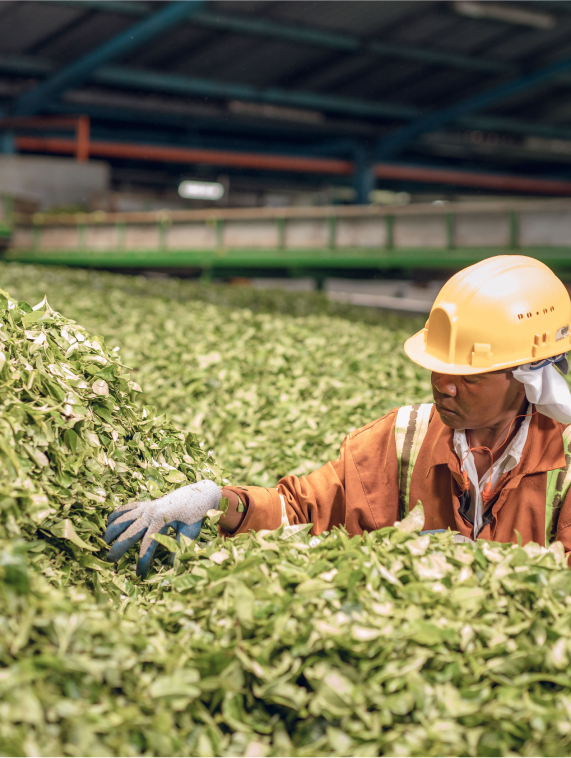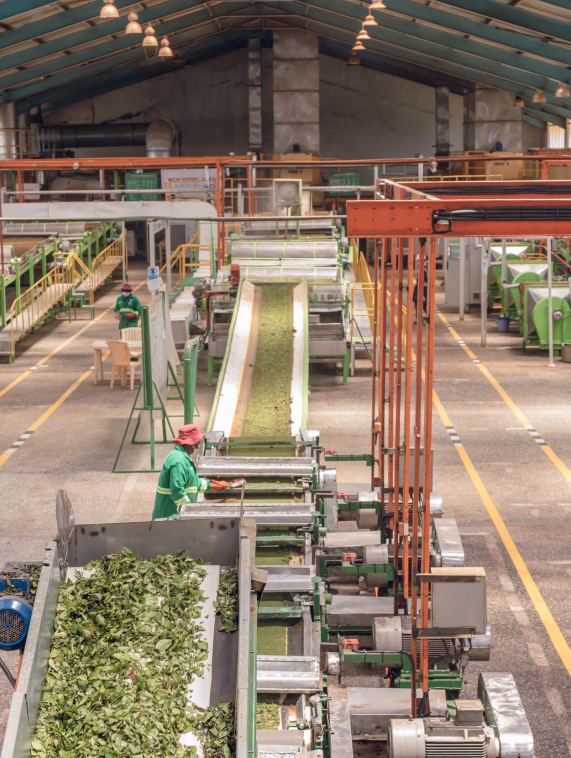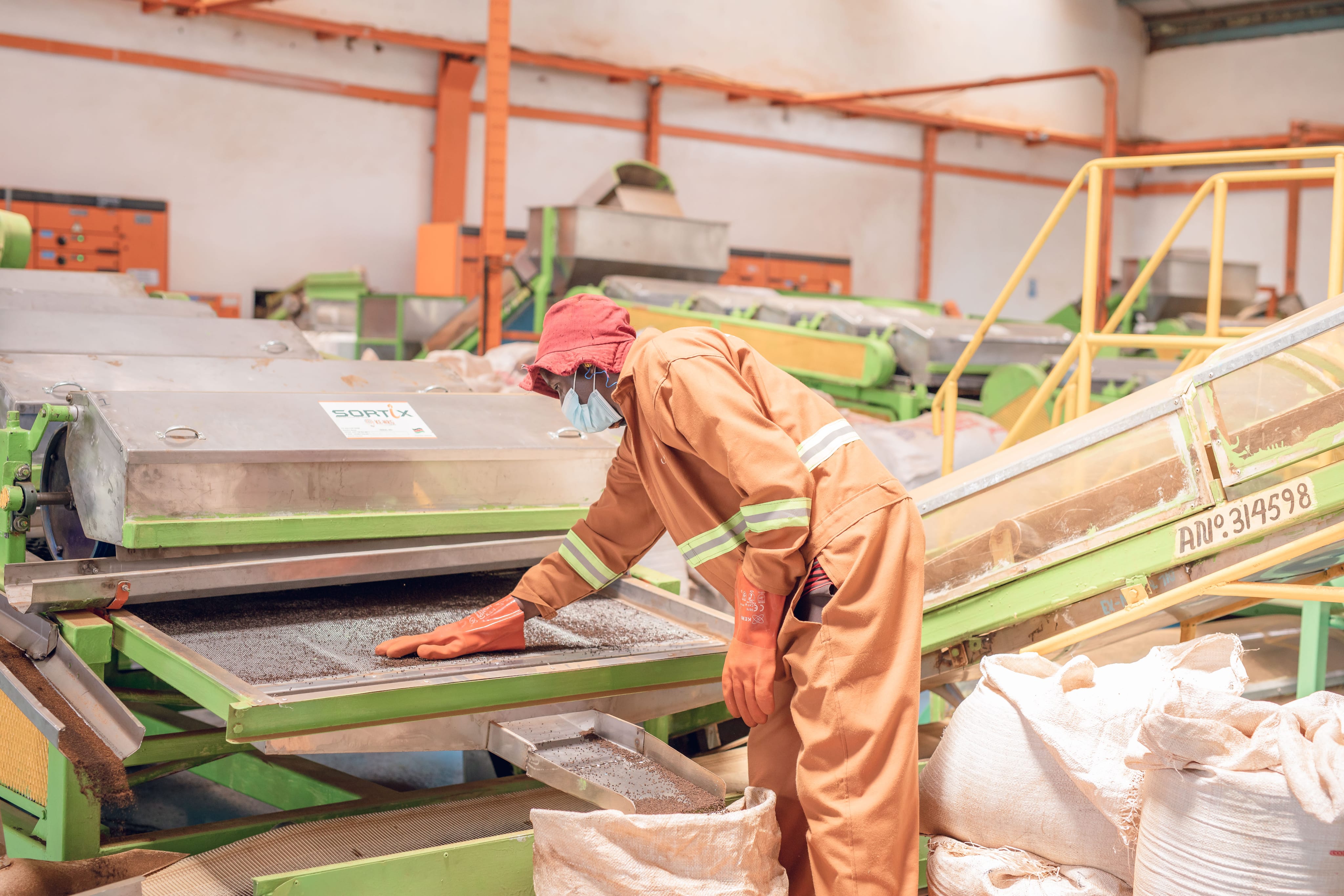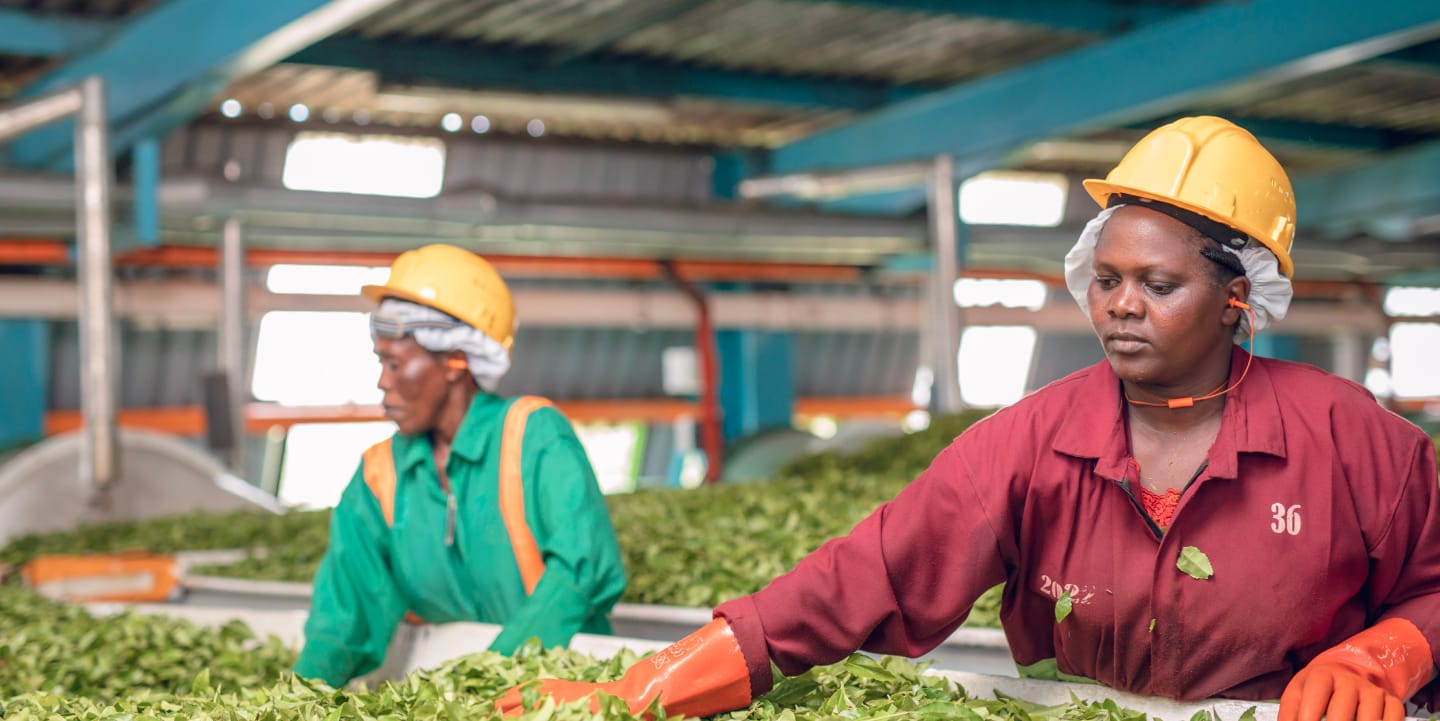
Social impact
To live up to our purpose, we have a responsibility to protect and reinforce the human rights of everyone who contributes to that perfect cup of tea. This requires us to be especially vigilant across our large global supplier network, which includes thousands of workers in areas considered to be high risk, such as agriculture and manufacturing.
Our human rights policies are clear, created in full alignment with the UN Guiding Principles on Business and Human Rights, and based on our experience of the tangible actions that drive progress.
Our Code of Business Principles, together with our Sustainable Agriculture Policy and our Responsible Sourcing Policy, spell out how we work. Regional management teams oversee these policies’ implementation under the overall responsibility of our Executive Leadership Team. Providing a comprehensive framework for good governance, they ensure that suppliers and producers are aligned with our expectations.
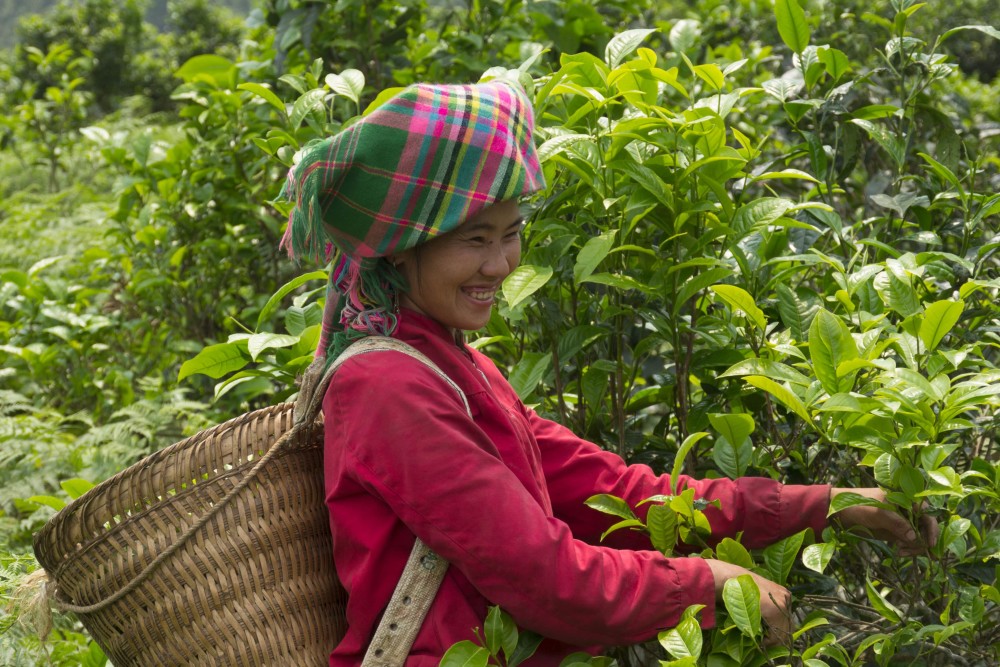
A living wage or income for all
Around the world, many people in tea and herb farming earn below what is considered sufficient for a decent standard of living. However, overcoming deeply rooted income disparities can be hampered by local regulations, government policies, and the complexity of tea and herbal production. Nevertheless, we’re determined to drive improvements wherever we can to support the growth of stable, economically thriving communities. A decent wage or income does more than sustain livelihoods; when the work is valued, so too is the worker.

Safe and ethical working conditions
Ingredients for teas tend to be grown in remote regions, which raises the risk of exploitation compared to other industries. Building on the recommendations of various expert assessments, we’ve developed and tested a series of practical actions that complement the requirements of our Responsible Sourcing Policy. These tangible steps help break the unequal power dynamics faced by workers, which can otherwise create conditions for harassment.
Factory in Kericho, Kenya

